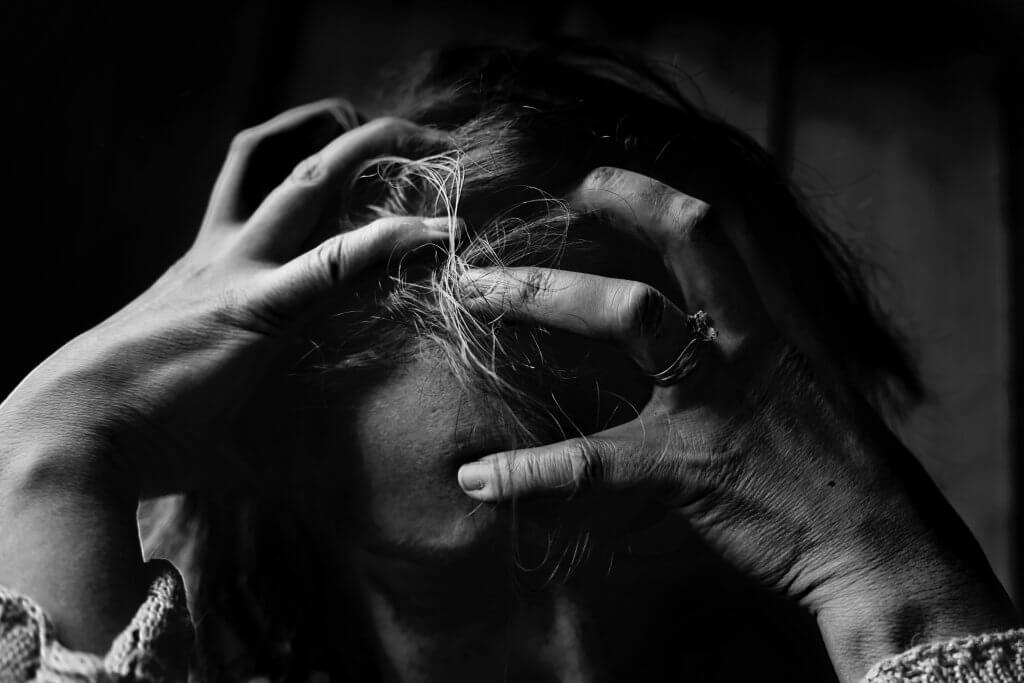How Trauma Influences Your Life And What To Do About It
It’s unlikely that there is a single person on Earth that doesn’t carry some sort of trauma with them. Whether it’s from childhood or more recently in their adult life, trauma has lasting implications and influences how we view the world.
When you’re experiencing trauma, you often lose control of your life, and it can be a difficult journey to returning to optimal mental health. It can be incredibly hard to recover from trauma on your own, and this blog will discuss a few ideas to help you heal. Working with a trauma therapist is one of the best ways to overcome a difficult situation in your past.
“Life can only be understood backwards; but it must be lived forwards” Søren Kierkegaard
If you’ve experienced a traumatic life event and find that it’s influencing your daily life, it’s time to get help. Speak with an experienced trauma therapist if you’re having trouble functioning at work or at home, suffering from depression, anxiety, or fearful thoughts, experiencing nightmares or flashbacks, feel emotionally disconnected from others, or are using alcohol, drugs, or food to feel better.
If you’re experiencing trauma, it’s helpful to know the basics. Let’s review what trauma is and discover how it might be influencing your life.
What Is Trauma
Trauma, along with many other psychological terms, is difficult to define and almost always different for each person. The American Psychological Association defines trauma as “an emotional response to a terrible event like an accident, rape or natural disaster. Immediately after the event, shock and denial are typical.”
A few examples of experiences that often cause trauma are physical, sexual, or emotional abuse, substance abuse, sickness or illness, loss, death of a loved one, accidents, natural disasters, war experiences, neglect, and more.
Trauma can be a result of a one-time event, such as a natural disaster, or it can be a result of ongoing stressors like illness or an abusive relationship. It can also be a result of seemingly unimportant stress like a breakup or a surgery.
Everyone experiences life situations differently, and trauma often evolves as unresolved emotional responses to an impactful experience.
Trauma doesn’t always have to happen to you, either. If you’ve experienced a loved one undergoing a significant battle with cancer, you can be traumatized as a witness and loved one experiencing this with them.
While the illness is theirs, part of the trauma might be yours.
How Does Trauma Impact Your Life?
The impact of trauma is a tricky concept to define because although two individuals might have experienced a similar trauma, or even the exact same one, it’s possible that they are experiencing the aftermath completely differently.
The symptoms of trauma also vary widely, dependent on the individual, and can often be a combination of physical and emotional symptoms.
Muscle tension, insomnia, fatigue, aches, difficulty concentrating, and being startled easily are common physical signs of trauma. Emotional signs of trauma are often eating disorders, confusion, anxiety, fear, sadness, feelings of numbness, fear, guilt, shame, denial, or withdrawing.
What Can You Do To Heal Your Trauma?
The healing process after a traumatic event is shaped by our values, thoughts, and beliefs. Healing is possible, although there is not one-size-fits-all therapy. Below are a trained trauma therapist’s recommendations to begin your healing journey.
- Move your body. We’ve discussed that trauma influences your emotional and physical states, so it’s important that you’re treating your body with kindness and compassion. When you experience trauma and it has a physical impact on your body, it often causes your body to become stuck between flight or fight, remaining hyper-aroused, and experiencing a constant state of fear. Working out the kinks with 30-minutes of light exercise can help. This doesn’t mean head out the door and run twenty-three miles, but it does mean getting out of the house to take a walk. Bring your dog, a loved one, or a favorite book on tape, and spend some time moving your body in whatever way feels best to you.
- Avoid substances, drugs, and alcohol, and eat healthy. A natural impulse of experiencing trauma is wanting to suppress any and all negative emotions. When we shut off the negative emotions, we also hinder our ability to experience positive emotions. Taking care of your body from the inside out will go a long way to helping you process and feel better about your surroundings. Eat a well balanced diet, get plenty of sleep, and incorporate a mindfulness practice like meditation, deep breathing, or yoga into your daily life. BONUS: Deep breathing and other meditation practices help regulate your nervous system, so you’ll be making yourself feel better mentally as well as calming your fight-flight-freeze response.
- Talk with someone. It’s always helpful to talk out your thoughts and questions with a experienced professional, and trauma therapy is no different. When you work with an experienced trauma professional, you’ll gain valuable coping techniques to help you regain your power and control over your life.
Trauma manifests differently for each person, and can have significant, lasting effects on life. Insomnia, breathing problems, gastrointestinal problems, high blood pressure, and cardiovascular diseases are all potential concerns for long-time trauma sufferers.
Your trauma can be resolved, and you can regain control over your life, thoughts, and feelings. Working through the trauma process and understanding your triggers is an important step, and should be done with an experienced professional.
If you or someone you know is experiencing trauma from a stressful life event, contact a trauma therapist right away. Call 720-306-1631 to set up your free, 30-minute consultation. You can ask a trained trauma therapist any questions you might have about your situation. Feel free to reach out however it is most comfortable for you.
© Erica Faulhaber 2018 – This blog may be shared or reprinted as long as the information is unedited and the author bio, including contact information is printed along with the blog.

 Erica Faulhaber PhD, NCC, LPC, CEDS, Certified EMDR Therapist and EMDR Consultant-In-Training. She is a therapist in Erie, Colorado who helps women struggling with trying to be perfect all the time. New Directions Colorado, is a therapy practice that specializes in eating disorders/disordered eating, trauma and Eye Movement Desensitization and Reprocessing (EMDR).
Erica Faulhaber PhD, NCC, LPC, CEDS, Certified EMDR Therapist and EMDR Consultant-In-Training. She is a therapist in Erie, Colorado who helps women struggling with trying to be perfect all the time. New Directions Colorado, is a therapy practice that specializes in eating disorders/disordered eating, trauma and Eye Movement Desensitization and Reprocessing (EMDR).
[…] I understand COVID-19 is affecting each person differently and each person is choosing how to react or respond, I think we can agree that we do not nor cannot know the true effects of this pandemic at this […]